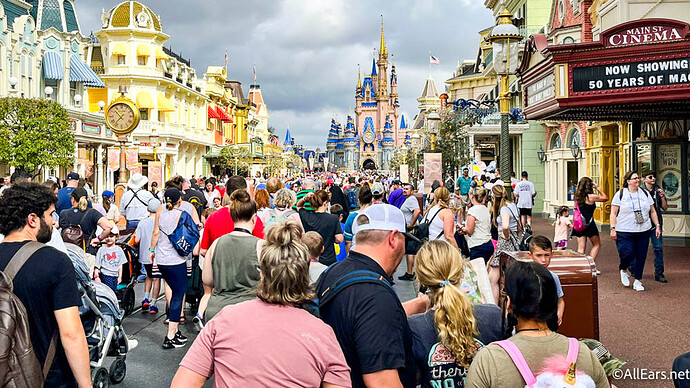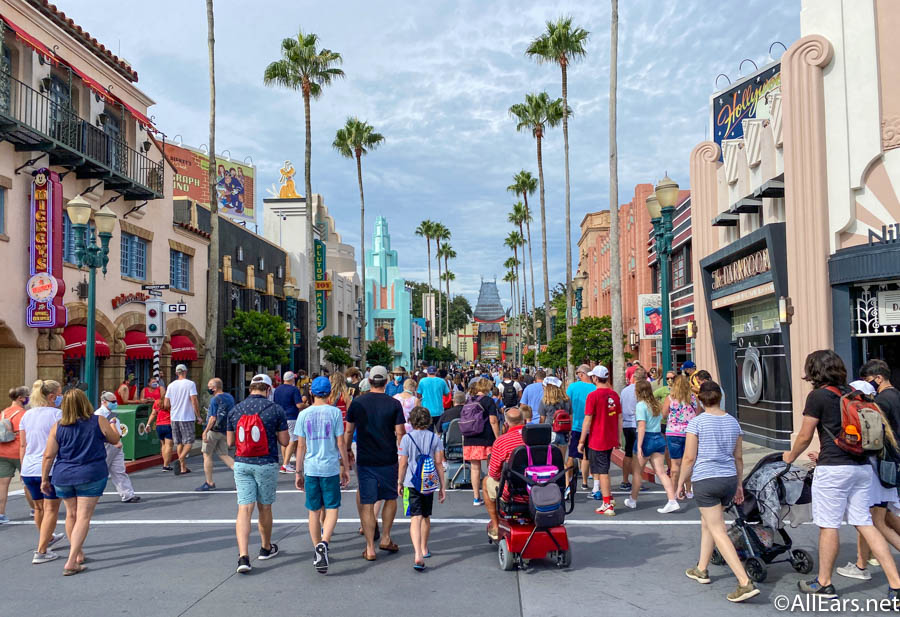Can someone with a science/medical background explain why this would apply to treatments, but not vaccines?
It’s not clear why it wouldn’t, but there may be something I’m missing.
Not all peptide sequences are capable of acting as antigens. If they were the body would be constantly under autoimmune attack. What makes some sequences antigenic and others not is not understood. There are factors which make it more likely but none apply universally.
So just because you find a sequence which is an ideal epitope, it doesn’t mean you can convince the body to manufacture antibodies to it. So then you have to make one yourself. Not all antibodies act to neutralize so it’s not a guarantee, but you can always have a go at making one.
Edit: although making one does involve making the sequence antigenic which I think involves changing the way you display it and sometimes altering the sequences surrounding it. Not sure how that works exactly, this is the limit of my knowledge.
Does COVID have a weak spot? I know it can’t turn down a piece of chocolate cake.
Cryo-EM! I got to check out OHSU’s setup for that when I was writing an NIH grant proposal for them and a small company working on accompanying AI. It’s insane all the vibrations and stuff they have to take into account when setting those up, even boat traffic (it’s in the South Waterfront)
Yup. I’ll be getting my second booster next week.
Technically, I’m not eligible but certain places are known to look the other way. Been over 3 months since I overcome covid.
Thanks, that helped explain it. At least if this works, it sounds like we could have something similar to monoclonal antibodies that work for all the variants thus far and hopefully forever.
I still like to think I’m Immune.
“Over half” seems way inconsistent with my anecdotal evidence, where it swept through my group of friends and just about everybody had no question where they got it and were definitely sick.
Maybe OG Omicron was weaker than the stuff going around now.
Wouldn’t be surprised. My covid symptoms were so mild I thought they were allergies.
Especially in America where healthcare is expensive, I wouldn’t be surprised to see people shrug off a mild covid case as something else to avoid the cost.
Update: Back from a week at Covid Disney. Nobody got sick. Kids and wife and I wore kn95 and n95 masks at all times indoors and in any crowds outdoors. Wiped everyone’s hands with antibacterial wipes after every ride or touching anything. Ate all meals outdoors. Masking was shockingly not terrible at Disney, many employees and some guests masked. It was better than in a grocery store in NY anyway. The flights were the worst part, we were basically the only ones masked on those. A+, would do again.
How did you define crowds outdoors? I had a KN-95 in my pocket at the golf tournament, but never put it on outside. Closest we came to a crowd was being maybe 2 deep on the ropes, so like five people within arm’s length and maybe 10 within 6-8 feet, and only for like 1-3 minutes at a time.
Most of the time the ropes were one deep, if that. Often there was nobody within 10 feet.
Anyway just curious where people are drawing the line outdoors on crowd vs no crowd.
I’ve yet to catch COVID. I almost never eat in restaurants and I wear a mask everywhere indoors. However, I’ve been to two baseball games and did not wear the mask at my seat, and I was only semi-consistent with masking when I went to the bathroom or concession area.
I think I would have to feel physically constricted in a packed outdoor crowd before I would consider wearing a mask outside.
The analysis, conducted by researchers at the University of Oxford and drawing on health records data from more than 1 million people around the world, found that while the risks of many common psychiatric disorders returned to normal within a couple of months, people remained at increased risk for dementia, epilepsy, psychosis and cognitive deficit (or brain fog) two years after contracting covid. Adults appeared to be at particular risk of lasting brain fog, a common complaint among coronavirus survivors.
The researchers matched almost 1.3 million patients with a diagnosis of covid-19 between Jan. 20, 2020, and April 13, 2022, with an equal number of patients who had other respiratory diseases during the pandemic.
For people between the ages of 18 and 64, a particularly significant increased risk was of persistent brain fog, affecting 6.4 percent of people who had had covid compared with 5.5 percent in the control group.
The study found that 4.5 percent of older people developed dementia in the two years after infection, compared with 3.3 percent of the control group. That 1.2-point increase in a diagnosis as damaging as dementia is particularly worrisome, the researchers said.
While cautioning that it is impossible to make full comparisons among the effects of recent variants, including omicron and its subvariants, which are currently driving infections, and those that were prevalent a year or more ago, the researchers outlined some initial findings: Even though omicron caused less severe immediate symptoms, the longer-term neurological and psychiatric outcomes appeared similar to the delta waves, indicating that the burden on the world’s health-care systems might continue even with less-severe variants.
I had no adverse reactions to the vaccine shots, and I will happily take the next booster when it comes out. I stayed safe from Covid for 2.5 years. I was exposed to the virus at the 2022 All-Star game at Dodger Stadium. I was not wearing a mask because the event was outside. I will wear now wear a mask to all group settings—indoor our outdoor—until this is over. I hope you will continue to live full lives while also minimizing your risk of catching this disease as much as possible. If this can happen to me, it can happen to anyone.
20 posts were merged into an existing topic: 2022 LC Thread—New Year, New Thread
In August, 2022, I wear a mask: (anonymous, pick the most cautious true statement)
- Basically never
- In crowded places
- At the grocery store
- Inside with friends
- Essentially all the time in public
0 voters

